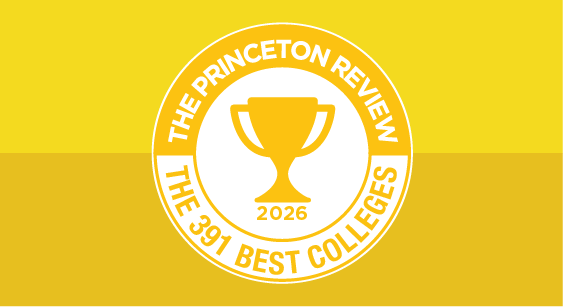Public Health
Overview
Public Health is the study of how health issues affect populations, and the development of methods to improve the general well-being of the public at large. Public Health majors study the science and the politics behind Public Health policies. Whether investigating communicable diseases, working with the mentally ill, implementing nutrition programs, or studying policy, Public Health majors strive to fulfill the mission of the World Health Organization, as given in its definition of health: “Health is a state of complete physical, mental and social well-being and not merely the absence of disease or infirmity.”
Some schools further divide this major into separate concentrations, such as nutrition, biostatistics, and health administration. Other schools require classes in each of these areas.
Many Public Health programs begin at the graduate level, but some schools do offer this major to undergraduates. Graduate study is not necessarily required to work in Public Health, but it is definitely something to consider.
- $47,160 Tuition
- 1080 Avg SAT
- 1,296 Enrolled
- $0 Tuition
- 920 Avg SAT
- 19,132 Enrolled
- $13,710 Tuition
- 1100 Avg SAT
- 10,421 Enrolled
View All Public Health Schools
SAMPLE CURRICULUM
Biology I-II
Epidemiology
General Chemistry
General Psychology
Health and Public Policy
Introduction to Health Administration
Introduction to Public Health
Introduction to the U.S. Health Care System
Microbiology
Organic Chemistry
Principles of Statistical Inference
Social and Behavioral Sciences in Public Health
Statistics
HIGH SCHOOl PREPARATION
GRADUATE PROGRAMS & CAREERS
Explore Colleges For You
Connect with our featured colleges to find schools that both match your interests and are looking for students like you.
Top Schools for Game Design
Ready to create the next great app? Launch your gaming career at one of these top 50 programs.
Best 391 Colleges
170,000 students rate everything from their professors to their campus social scene.
Get Started on Athletic Scholarships & Recruiting!
Join athletes who were discovered, recruited & often received scholarships after connecting with NCSA's 42,000 strong network of coaches.



